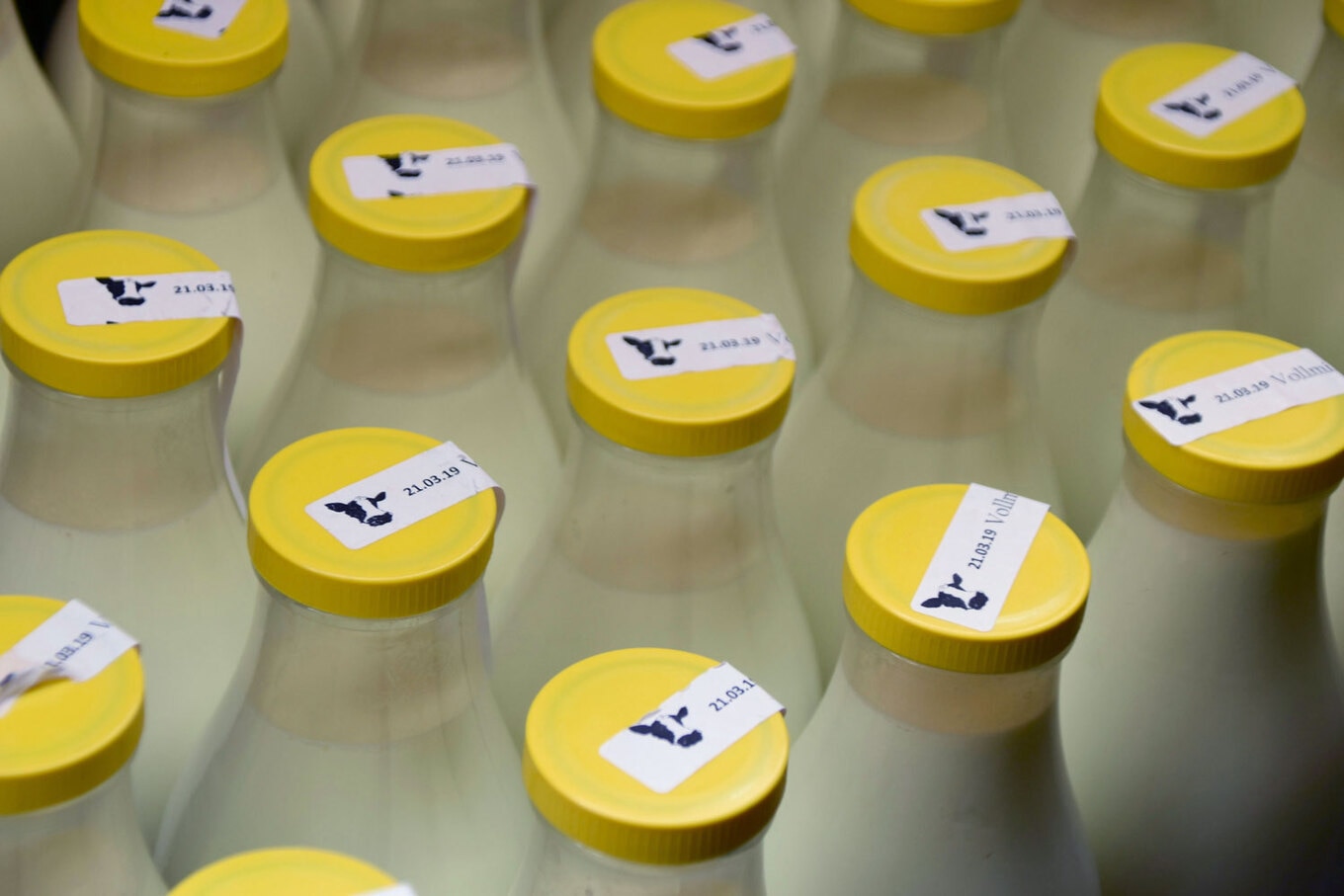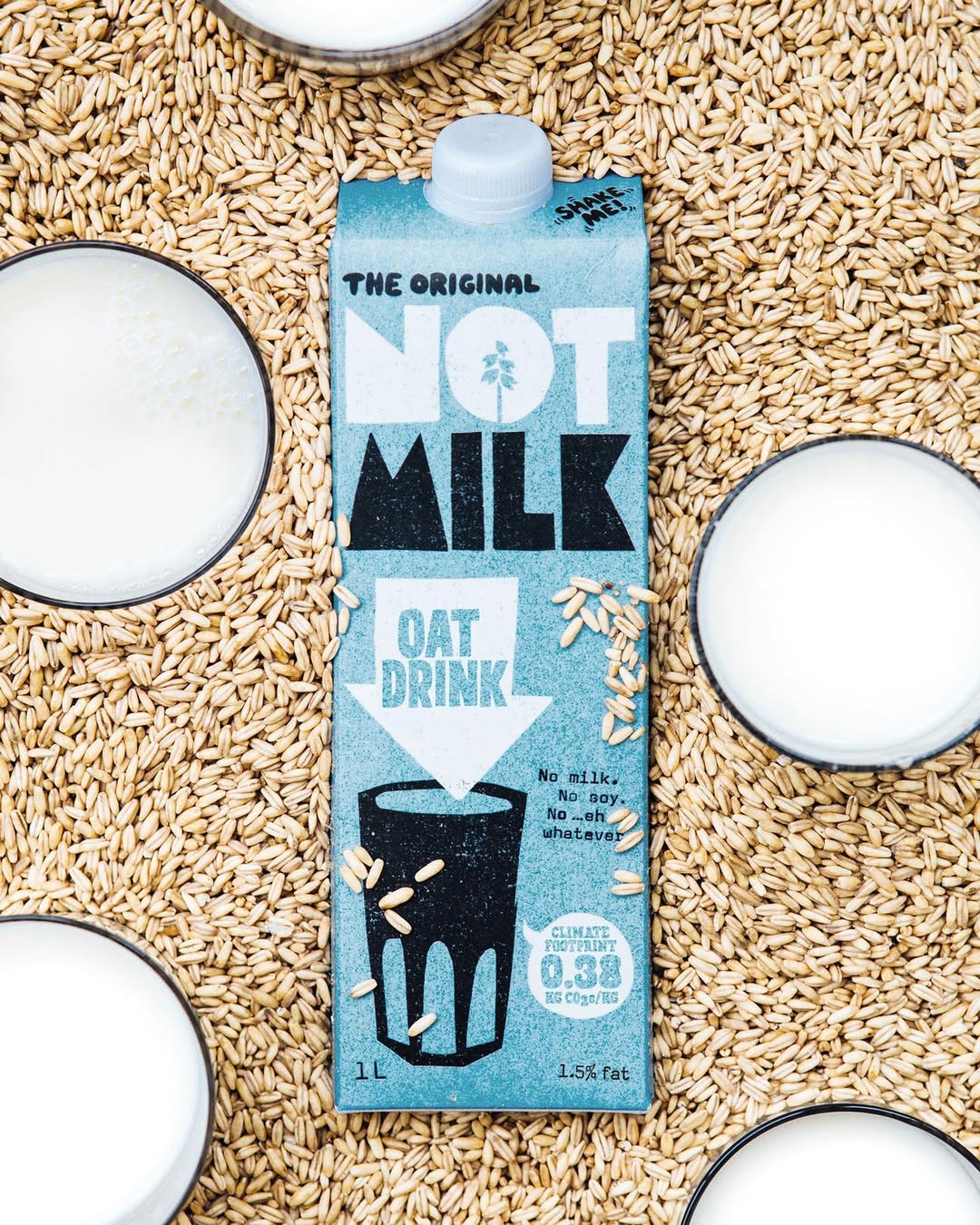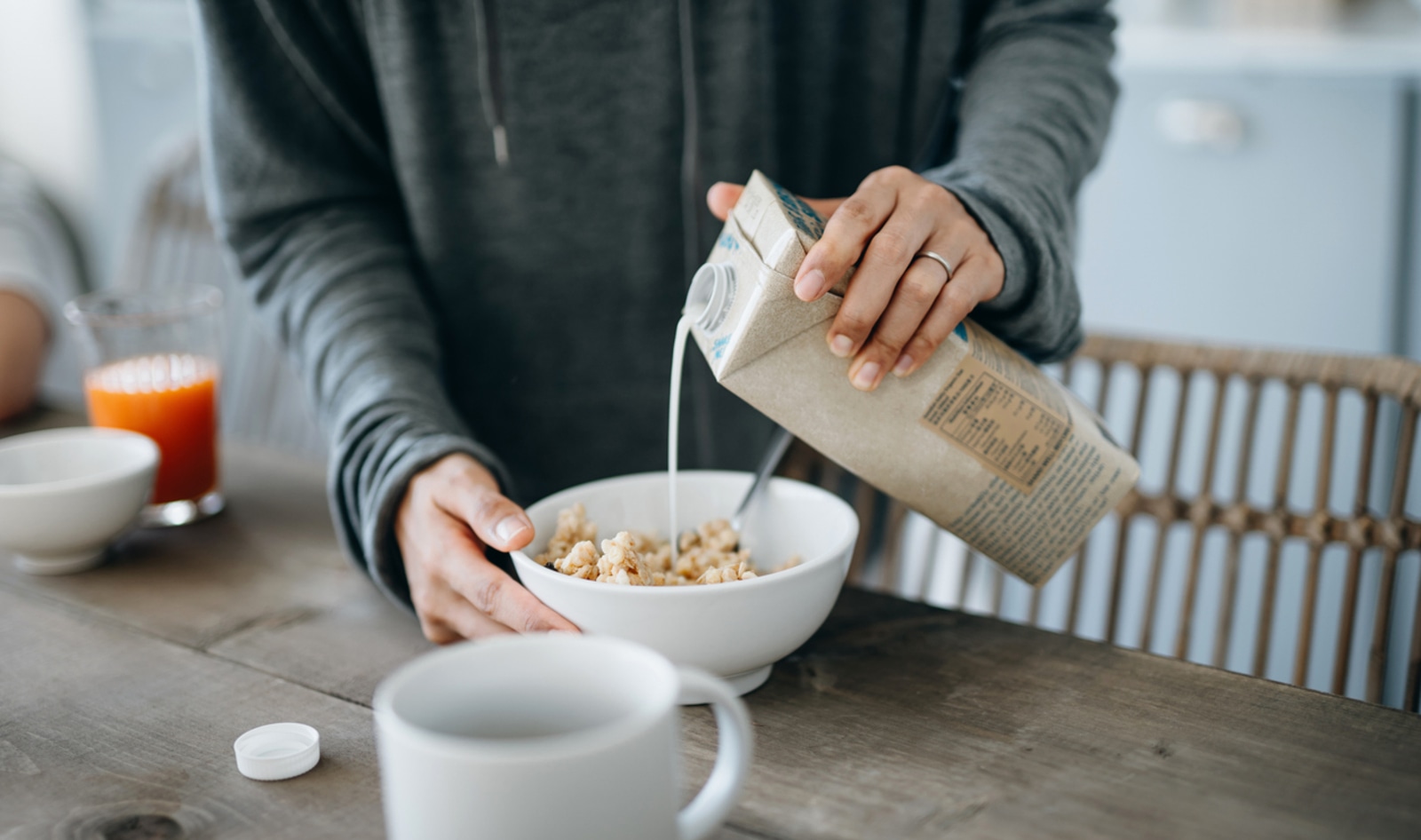As the popularity of plant-based milk alternatives continues to grow, the US Food and Drug Administration faces mounting pressure to clarify labeling standards for these products. At a recent Senate committee hearing, the debate over terms including “milk” and “dairy” reignited tensions between traditional dairy producers and plant-based food companies. While consumer demand for alternatives such as almond, oat, and soy milk surges, regulators are challenged to balance transparency, consumer education, and fairness in labeling.
During the December 5 hearing of the Senate Committee on Health, Education, Labor, and Pensions, lawmakers explored the role of the FDA in ensuring clear, truthful labeling of plant-based and cell-cultured products. Senator Tammy Baldwin (D-Wisc.), criticized the FDA’s draft guidance, which permits the use of terms like “milk” for plant-based beverages when appropriately qualified. “Studies consistently show that consumers mistakenly believe that plant-based alternatives are nutritionally equivalent or even superior to dairy products, and at the same time, the inappropriate substitution of non-dairy alternatives has been linked to a range of health issues in children and in infants,” she said. Baldwin further noted that such misconceptions might harm consumer health, particularly when products lack the nutrients found in traditional dairy.
 Waldemar/Unsplash
Waldemar/Unsplash
FDA Deputy Commissioner for Human Foods Jim Jones defended the agency’s approach, emphasizing that existing rules require plant-based beverages to identify their source—such as “soy milk” or “almond milk.” According to Jones, products must also include allergen warnings and meet federal labeling standards. However, Baldwin remained unconvinced, questioning whether voluntary nutritional comparisons between plant-based and dairy products would address consumer confusion. “It is hard to believe that plant-based alternatives would willingly highlight the nutritional disadvantages of their products compared to real milk,” she added.
Global approaches to dairy labeling
The US is not alone in its struggle to define dairy. Across the Atlantic, the EU enforces some of the world’s strictest dairy labeling regulations. Under EU law, terms like “milk,” “cheese,” and “butter” are reserved exclusively for animal-derived products. This prohibition extends to descriptors like “oat milk,” which must instead be labeled as “oat drink” in the EU. The bloc’s strict stance aims to protect traditional dairy producers and reduce consumer confusion.
 Oatly
Oatly
In comparison, the FDA’s more flexible guidance allows plant-based beverages to use dairy terms, provided they are qualified to indicate their source. This difference reflects a broader cultural divide: US regulators prioritize consumer choice and innovation, while the EU seeks to safeguard heritage and ensure clarity through rigid definitions.
Meanwhile, some countries have taken unique stances. For instance, Canada adopted a hybrid approach, where plant-based beverages can use terms like “milk” if accompanied by clear qualifiers and nutritional disclosures. These international examples illustrate the variety of strategies used to address the rise of plant-based products while maintaining consumer trust.
Nutritional standards and dietary guidelines
A key point of contention in the US hearing was whether plant-based products should disclose how their nutritional content compares to traditional dairy. Advocates for stricter regulations, including Senator Baldwin, argue that such comparisons are vital for consumer education. Critics, however, suggest this approach could unfairly disadvantage plant-based companies. During the hearing, Baldwin also raised concerns about the potential for misleading marketing of lab-grown dairy proteins, which are produced via precision fermentation and marketed as bio-identical to traditional dairy. These products are required to include allergen warnings but face no additional labeling requirements distinguishing them from animal-derived milk.
Jones, the FDA official, highlighted the agency’s reliance on consumer research, stating, “We are taking that comment under consideration … Ultimately, I cannot say where we will land on that issue, but the nutritional equivalence issue is very much on our radar.” Despite such assurances, lawmakers like Baldwin expressed frustration with the FDA’s perceived inaction, calling for more stringent oversight to ensure fair competition and consumer clarity.
The debates comes as the Dietary Guidelines Advisory Committee (DGAC) has proposed significant updates for the 2025-2030 Dietary Guidelines for Americans, emphasizing plant-based proteins over traditional animal-derived sources. This shift reflects a growing body of scientific evidence supporting the health benefits of plant-based diets.
 Office of Disease Prevention and Health Promotion
Office of Disease Prevention and Health Promotion
In their final public meeting on October 21 and 22, the DGAC reviewed feedback and solidified recommendations to prioritize plant-based foods over animal-derived proteins like meat, eggs, and dairy, which are associated with higher saturated fat levels. The committee suggests that legumes—such as beans, peas, and lentils—be officially recognized as protein sources rather than being categorized as vegetables. This reclassification aims to clarify the role of protein-rich foods in a balanced diet and address misconceptions about protein sources in vegan diets.
The DGAC’s report underscores the importance of nutrient-dense, plant-based meal options, aligning with the scientific consensus on the health advantages of plant proteins. The committee recommends that the Department of Health and Human Services (HHS) and the USDA revise the Dietary Guidelines’ protein food category to prioritize plant-based sources such as nuts, seeds, and soy products over meat and dairy.
BECOME A VEGNEWS VIP: Get exclusive product deals, freebies, and perks galore!
The proposed guidelines also advise limiting saturated fat intake to less than ten percent of daily calories, suggesting the replacement of higher-fat animal products with lower-fat, plant-based alternatives. Oils high in saturated fat, like coconut and palm oil, are recommended to be excluded from the updated guidelines.
The report highlights the potential health benefits of plant-based diets, citing studies that indicate a reduction in all-cause mortality risk among individuals adhering to plant-based dietary patterns. While terminologies such as “Mediterranean” or “plant-based” vary, the consensus is that diets rich in nutrient-dense foods are linked to improved long-term health outcomes.
 Manu Schwendener
Manu Schwendener
A notable recommendation is the emphasis on water as the primary beverage of choice. The current Dietary Guidelines recommend three servings of dairy per day, regardless of individual dietary needs—a guideline that poses challenges for those who are lactose intolerant, a condition more prevalent in certain racial and ethnic groups. The committee advocates for plain water as the default beverage, considering it a healthier and more universally accessible option.
The DGAC’s recommendations are based on a comprehensive review of scientific literature, food pattern modeling, and expert input. The final report serves as the foundation for the forthcoming revisions to the Dietary Guidelines for Americans, which inform nutritional recommendations for federal programs. The public will have sixty days to provide feedback on the report, available on the DietaryGuidelines.gov website.
For more plant-based stories like this, read:
JUMP TO ... Latest News | Recipes | Guides | Health | Subscribe








